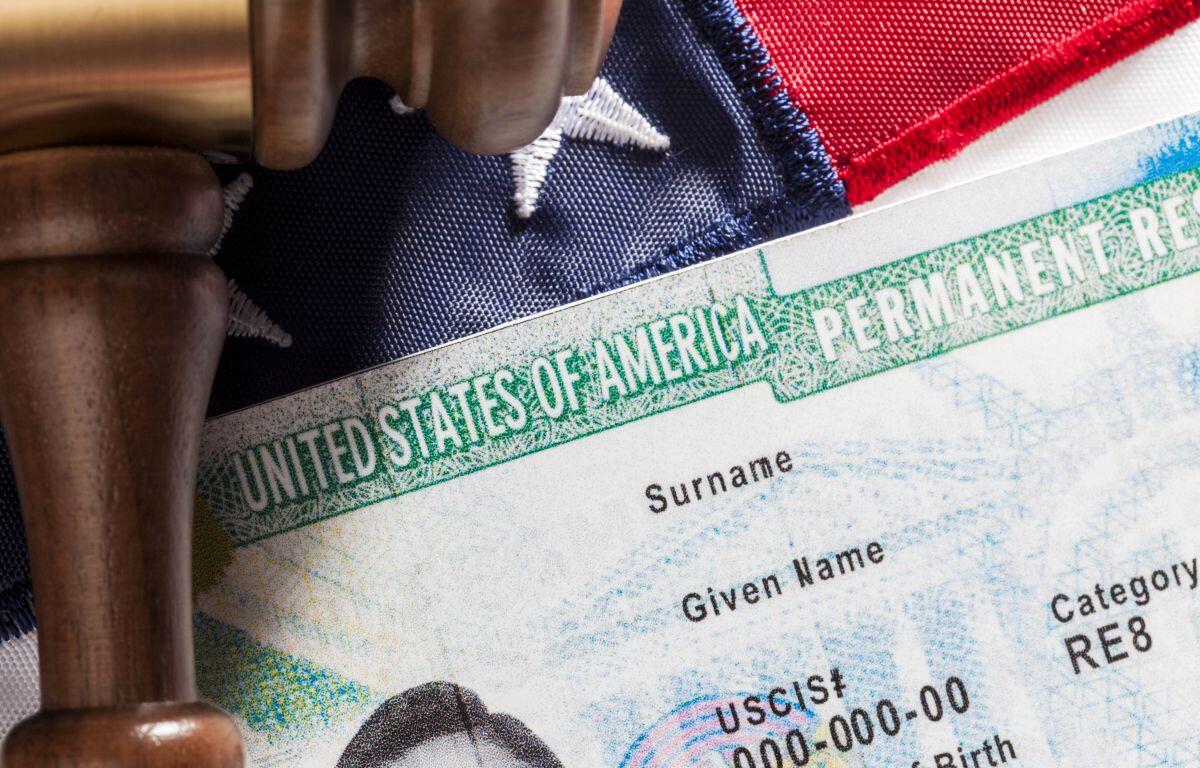WASHINGTON (Mitchell Now) — U.S. Senators Mike Rounds (R-S.D.) and Angus King (I-Maine) recently sent a letter to the Department of Homeland Security (DHS) and the Department of Labor (DOL) requesting that they release the maximum allowable number of additional H-2B visas for Fiscal Year (FY) 2026, consistent with the previous three years. Rounds and King are joined by 31 of their colleagues in the Senate.
H-2B visas fill needs for American small businesses when there are not enough American workers to fill the temporary, seasonal positions. As required by law, employers must first make a concerted effort to hire American workers to fill open positions. When the local workforce is insufficient, H-2B visas are used to employ workers to support local businesses and economies.
“Chronic labor shortages—faced by seasonal U.S. employers throughout the nation’s history—have been exacerbated by the post-pandemic evolution of the American workforce,” wrote the senators. “As this need grows, so does the pressure on U.S. workers, whose employers’ workforce needs cannot be met with American workers alone. The H-2B program places requirements on employers to recruit U.S. workers, who are intentionally prioritized by the program and receive demonstrated, positive impacts from their seasonal colleagues.”
“An efficient analysis, issuance of a rule, and release of these visas allows the supplemental tranche of H-2B visas to meet the seasonal market demand during the market cycles when they are most needed,” continued the senators. “We thank you for your continued support—in recognizing the vital benefit to the economy of these seasonal, temporary work visas—and we are hopeful the maximum allowable FY26 supplemental visas will promptly be released pursuant to Congressional authority and in the same manner as in the three previous years.”
The letter was also signed by Majority Leader John Thune (R-S.D.) and Senators Susan Collins (R-Maine), Chris Coons (D-Del.), Sheldon Whitehouse (D-R.I.), Deb Fischer (R-Neb.), Mike Crapo (R-Idaho), Amy Klobuchar (D-Minn.), Mark Warner (D-Va.), Ron Wyden (D-Ore.), Lisa Murkowski (R-Alaska), John Barrasso (R-Wyo.), Cindy Hyde-Smith (R-Miss.), Angela Alsobrooks (D-Md.), Chris Van Hollen (D- Md.), Thom Tillis (R-N.C.), Raphael Warnock (D-Ga.), Steve Daines (R-Mont.), Jerry Moran (R-Kan.), John Hickenlooper (D-Colo.), Cynthia Lummis (R-Wyo.), Tim Kaine (D-Va.), Elissa Slotkin (D-Mich.), Jeanne Shaheen (D-N.H.), Tina Smith (D-Minn.), Maggie Hassan (D-N.H.), Michael Bennet (D-Colo.), Peter Welch (D-Vt.), Jim Risch (R-Idaho), Maria Cantwell (D-Wash.), Tim Scott (R-S.C.) and Pete Ricketts (R-Neb.).
The full text of the letter can be found HERE or below.
Dear Secretary Noem and Secretary Chavez-DeRemer,
We write on behalf of the seasonal businesses in our states who lack sufficient employees to support their operations and sustain their businesses. In light of these labor shortages, we respectfully urge that the Department of Homeland Security (DHS), in consultation with the Department of Labor (DOL), utilize the authority provided by Congress in the current Continuing Resolution to release the maximum allowable number of additional H-2B for Fiscal Year 2026. These visas will allow employers to supplement their U.S. workforce to keep their businesses open, as well as provide additional certainty regarding their workforce planning decisions in the coming months.
Chronic labor shortages—faced by seasonal U.S. employers throughout the nation’s history—have been exacerbated by the post-pandemic evolution of the American workforce. As this need grows, so does the pressure on U.S. workers, whose employers’ workforce needs cannot be met with American workers alone. The H-2B program places requirements on employers to recruit U.S. workers, who are intentionally prioritized by the program and receive demonstrated, positive impacts from their seasonal colleagues. In fact, a 2020 Government Accountability Office report concluded that “counties with H-2B employers generally had lower unemployment rates and higher average weekly wages than counties that do not have any H-2B employers.” Issuing the extra discretionary H-2B visas in a timely manner will help alleviate these workforce shortages and, in doing so, will help create and sustain the jobs of American workers who rely on the H-2B workers to support their duties during their peak seasons.
It is important to note that supplemental visas are set aside specifically for either returning workers or workers from Northern Central American (NCA) countries. Many returning workers are those who return to their qualified employer each year and are core members of their respective organizations, supplementing and supporting U.S. workers. NCA workers are carved out with a special tranche of visas to help foster regional stability in these impoverished nations. In addition, H-2B workers return to their home country at the end of the season and then use the legal process to return to the qualified U.S. employer for the next season. This exemption for NCA countries was initially introduced during President Trump’s first term, allowing many seasonal businesses to invest in these workers, even as they continue to work with the returning workers eligible under the parameters of the supplemental tranche of H-2B visas.
An efficient analysis, issuance of a rule, and release of these visas allows the supplemental tranche of H-2B visas to meet the seasonal market demand during the market cycles when they are most needed. We thank you for your continued support—in recognizing the vital benefit to the economy of these seasonal, temporary work visas—and we are hopeful the maximum allowable FY26 supplemental visas will promptly be released pursuant to Congressional authority and in the same manner as in the three previous years.


